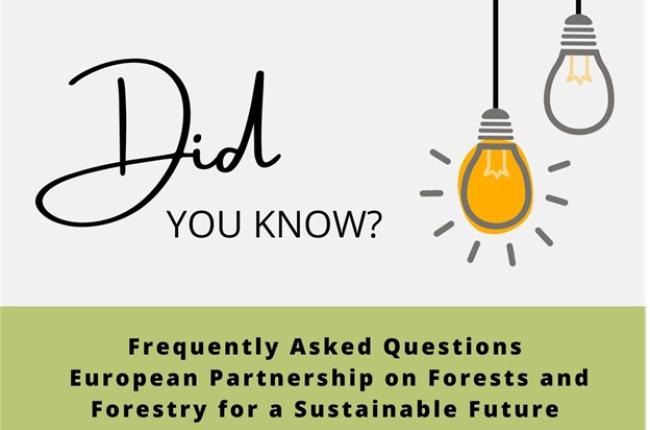The work of the Thematic Group (TG) was centered around two main objectives. Firstly, it aimed to explore the challenges and prospects in rural areas and municipalities where forests have a significant presence. Secondly, it sought to strengthen support for these regions by leveraging the Common Agricultural Policy (CAP).
Furthermore, a goal of the TG was to realise the EUFS’s commitments to develop “a network of forest-dominant rural areas and municipalities, to give voice to forest rural areas, ensuring their representation in key initiatives” and to facilitate “specific assessments of reality and needs of forest areas across the EU”.
The membership of the TG consisted of various stakeholders from rural areas.
First meeting on 16 March 2023
During the first meeting, participants examined the socio-economic and environmental challenges in forest-dominant rural areas and municipalities. The aim was to identify obstacles, and discuss potential advantages of establishing a support network for key stakeholders in policy processes.
During this meeting, CEPF national expert Anton Burkhart presented a project on forest pasture re-organisation from his home region Oberammergau in Bavaria, Germany. This best practice example contributed to the targets of the TG as a best practice example of cooperation of actors in rural areas. It has proven itself a “WinWin” over the past 12 years for forest owners-, land owners-, farming-organisations, science, commune, nature conservation, tourism and state, by developing a voluntary concept on mountain farming that fulfils the needs of the farmers and the requirements of CAP, and by respecting forestry practises.
Further information on the first meeting can be found here.
Second meeting on 31 May 2023
Building on the lessons learnt from the first meeting of the TG, members concluded their work with a second meeting on 31 May 2023.
In the second meeting, the main objectives were to discuss the potential for collaboration with multiple stakeholders to address rural needs in forest-dominant areas, to explore the role of the Common Agricultural Policy (CAP) in supporting multi-functional forests, and to discuss how members could benefit from continued networking.
Further information on the second meeting can be found here.




